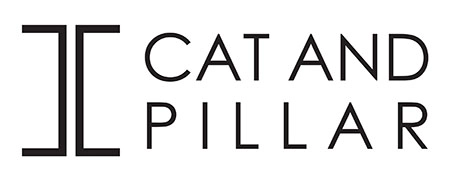What is a Trademark?
What is a Trademark?
A trademark is visual identifier that helps differentiate your products or services from the competition, allowing your customers to identify the goods and services that you are selling.
Trademarks can be:
- Logos
- Brand names
- Business names
- Combinations of brand/business names and logos
A classic example of a trademark is the swoosh symbol on a pair of Nike shoes. Seeing that symbol allows customers to instantly recognise the origin of the shoes. In addition, the customer would associate the pair of shoes with what the Nike brand means to him: tested quality, sense of style and status.
As such, your trademark plays an important role in fostering your brand identity in the minds of your consumers, allowing you to differentiate your products or services from your competitors.
Why do I need to register my trademark?
-
Protect your brand and your business
Registering your trademark gives you exclusive legal rights to it. If you do not register your trademark, others would be able to register an identical or similar mark to yours. This places your brand and business at risk as you may then be prevented from using it.
-
Enforce your rights easily
Having your trademark registered prevents others from using your trademark without your permission. Unauthorised use of your trademark can potentially cause much damage to your brand and business. If others have infringed on your rights, you would be able to take legal action against them more easily and cost-effectively if your trademark has been registered.
Without a trademark registration, you would need to rely on common law rights by proving that your trademark has acquired reputation and goodwill through use of the trademark. This is much harder and more uncertain compared to simply showing that your trademark has been registered in the relevant jurisdiction.
-
Commercialise your trademark effectively
Trademarks are assets to your business. They can be bought, sold or licensed to others. Depending on your business model, you may consider selling or licensing your trademarks to generate additional revenue for your business. Even though it may be possible to sell or license unregistered trademarks, virtually no one does so in the industry. This is so as the rights of unregistered trademarks are volatile and cannot be depended upon.
Is it necessary to register my trademark if I have already registered my business?
Yes. Registering your business name does not prevent others from using the same name on their products or services. However, having your trademark registered would give you the right to do so.
How many countries should I register my trademark in?
In the digital age, it has become increasingly easy to access foreign markets through the provision of online services or the sale of products via
Remember that it has become easier for your competitors to internationalize their businesses as well. So if you do not protect your trademark in a foreign market, they may take advantage of this and register your brand in that foreign country.
Proceed to file your trademark internationally
Apply Now


